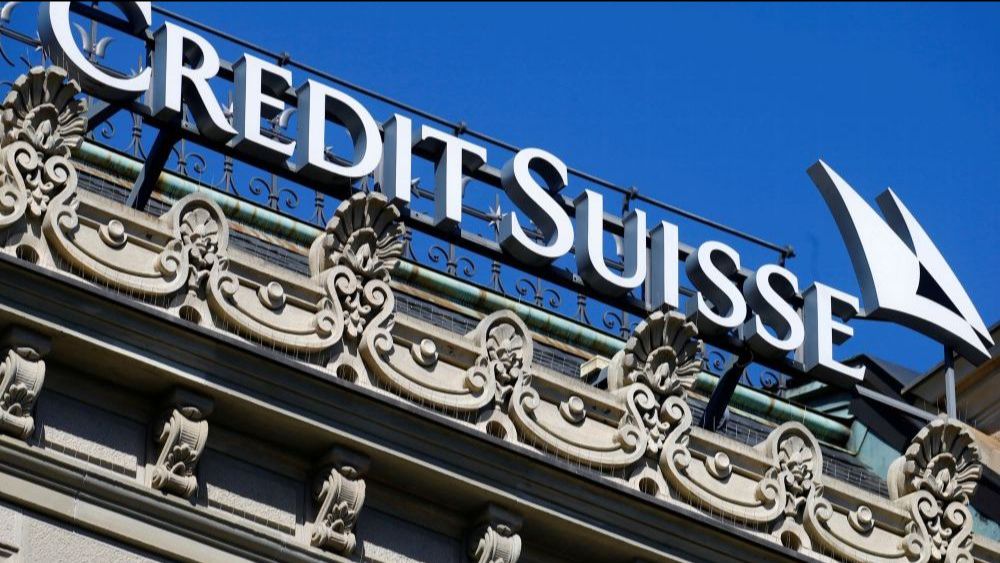After the “Pandora Papers” in October 2021, the “Swiss Secrets” in February 2022! A leak of confidential data revealed more than 18,000 bank accounts of Credit Suisse – one of the world’ largest private banks – sheltering more than 100 billion dollars.
According to Le Monde, one of the 48 medias investigating the topic, these accounts could allow “assets derived from crime, corruption or embezzlement of public money to flourish unseen”.
The holders of these accounts, which are ethically questionable and constitute tax fraud, are partly concentrated in the Middle East and North Africa (MENA). Among them are notably Abdel Halim Khaddam, former Syrian vice-President who passed away in 2020, with an account opened in 1994 that reached 58 million euros in 2003; Hussein Salem, an Egyptian oligarch and gas and tourism tycoon; or Samir Rifaï, former Jordanian Prime Minister who was incidentally forced to step down in 2011 due to accusations of undue profiting from public funds. To complete the picture, Alaa and Gamal Mubarak, sons of former Egyptian President Hosni Mubarak, held a total of six accounts at various points, including one in 2003 that was worth 196 million dollars.
In response to MEPs’ questioning on this situation, the Swiss finance ministry’s State Secretariat for International Finance stated that the country met “all international standards on the exchange of information in tax matters and on fighting against money laundering, terrorist financing and corruption”.
However, the “Swiss Secrets” investigation raises serious questions about banking business practices for the world’s financial elites. Tax avoidance undercuts funding for essential public and social services. It is a fundamental factor in state inability to fulfil the economic and social rights of citizens and for the respect of citizens’ human rights. International Human Rights Conventions state that States must raise the “maximum of available resources” for the provision of human rights. But how can this be possible if money that should contribute to public funds through fair taxation systems is concealed in offshore accounts of private banks such as Credit Suisse?
A United Nations convention on tax is needed to hold countries to legally binding, equitable standards on corporate taxation, financial transparency and tax justice.
For information on the impact of tax evasion in Lebanon, listen to our dedicated podcast.

